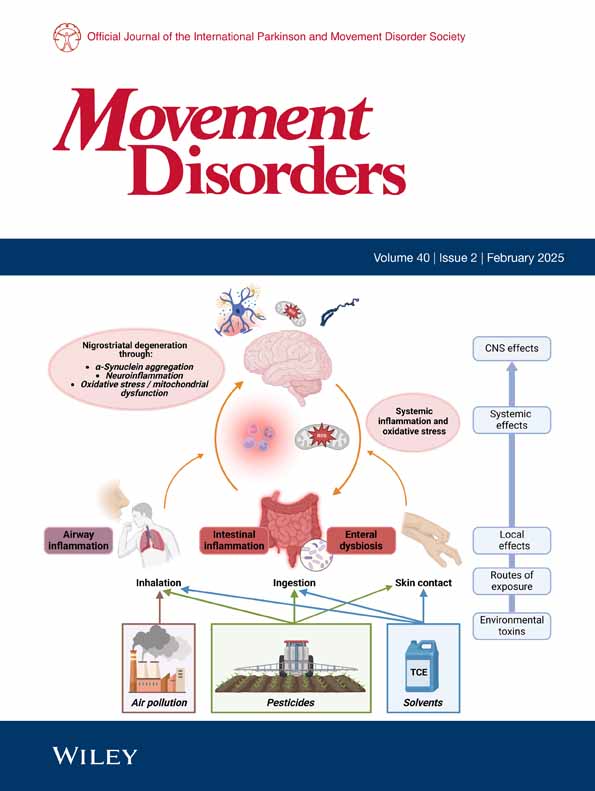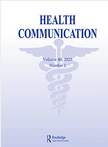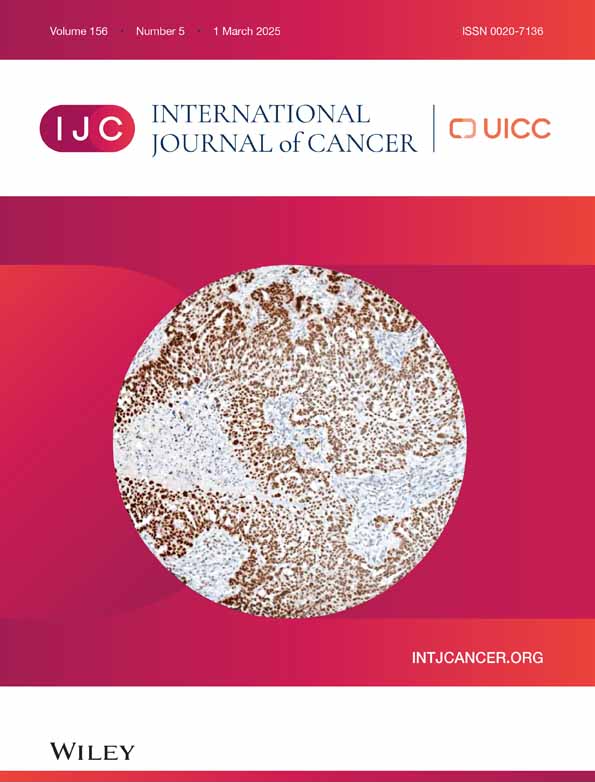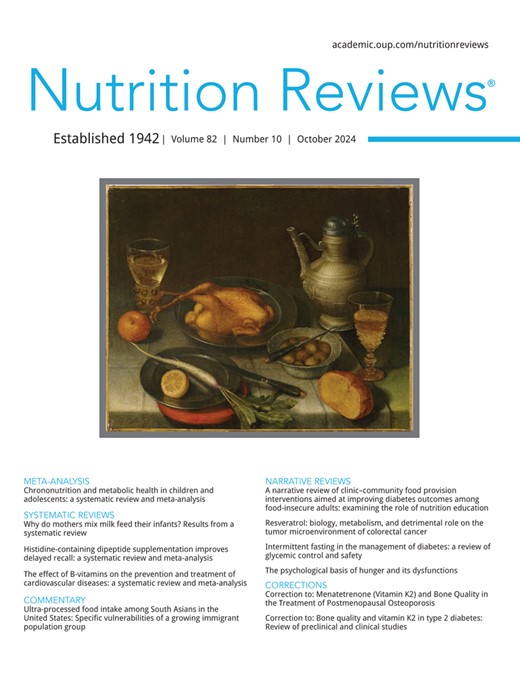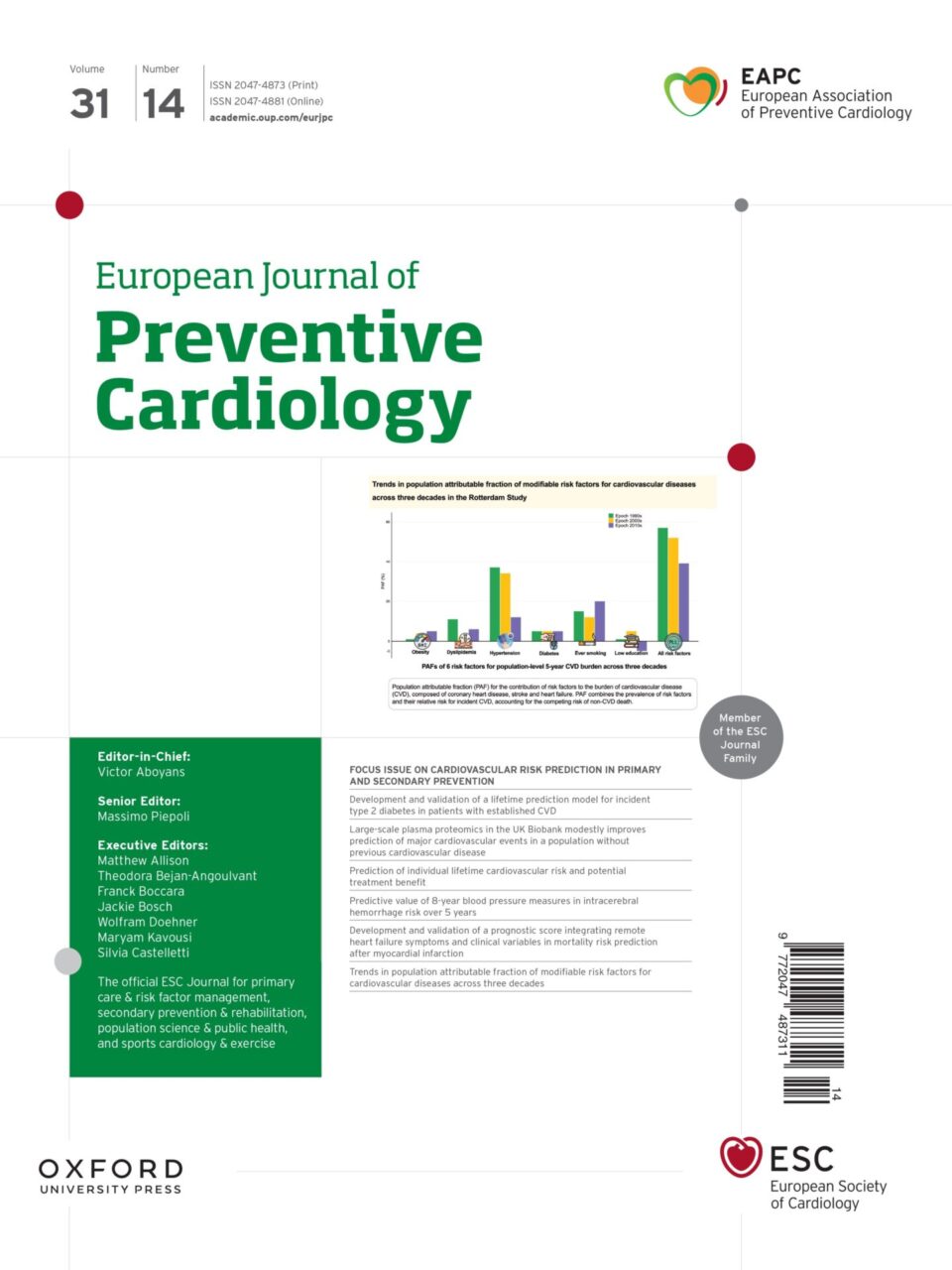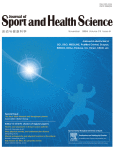Gut Microbial Metabolites and Future Risk of Parkinson’s Disease: A Metabolome-Wide Association Study
Background Alterations in gut microbiota are observed in Parkinson’s disease (PD). Previous studies on microbiota-derived metabolites in PD were small-scale and post-diagnosis, raising concerns about reverse causality. Objectives Our goal was to prospectively investigate the association between plasma microbial metabolites and PD risk within a metabolomics framework. Methods A nested case–control study within the prospective…



